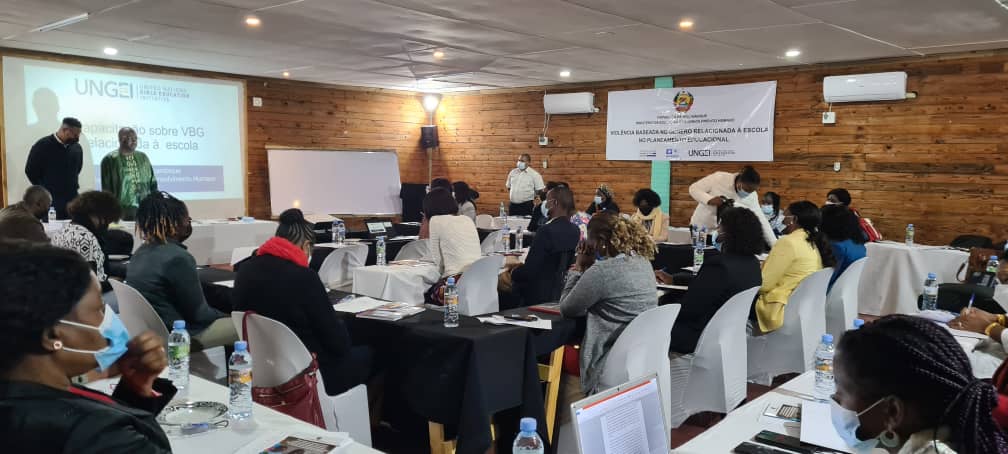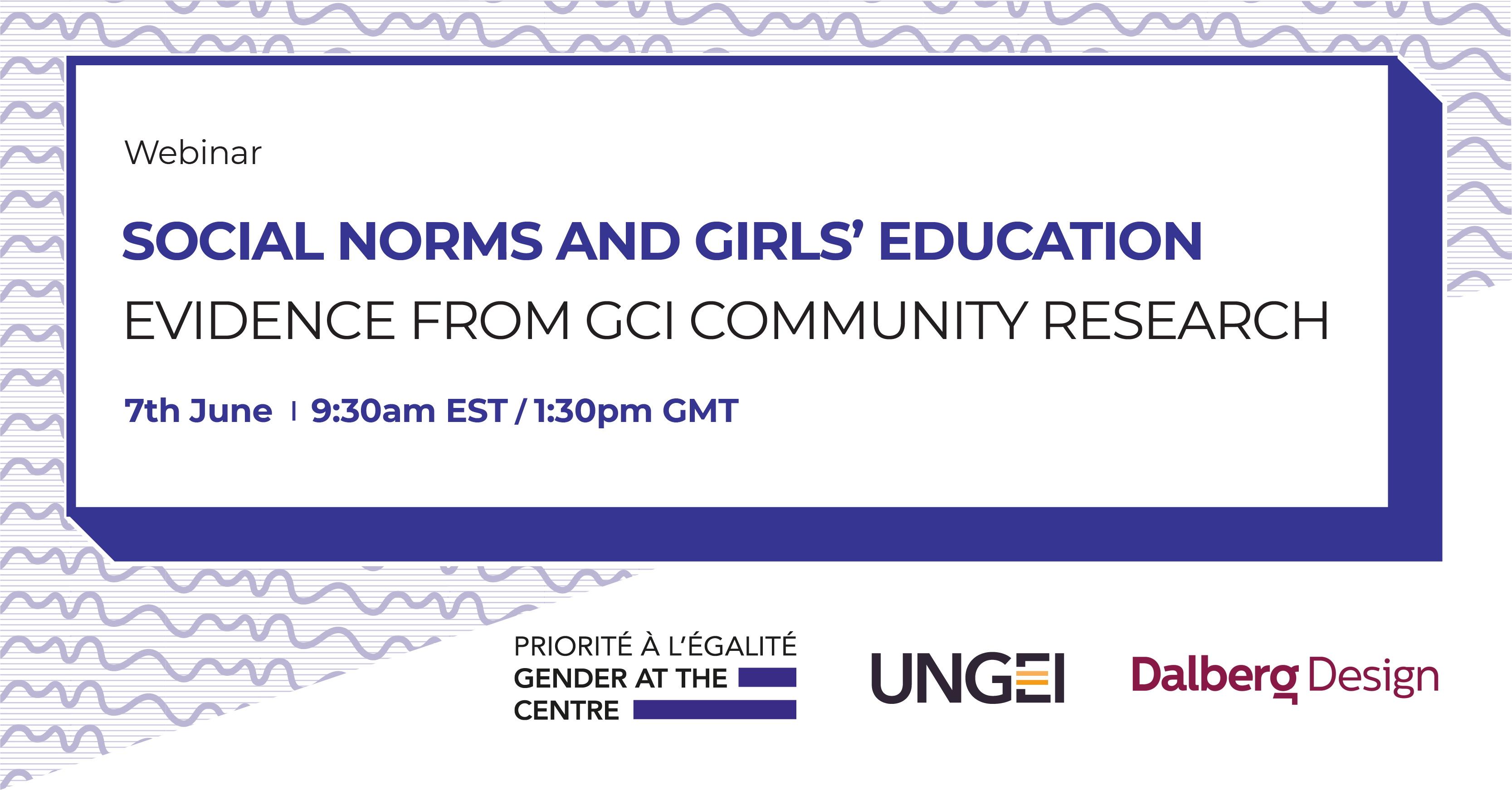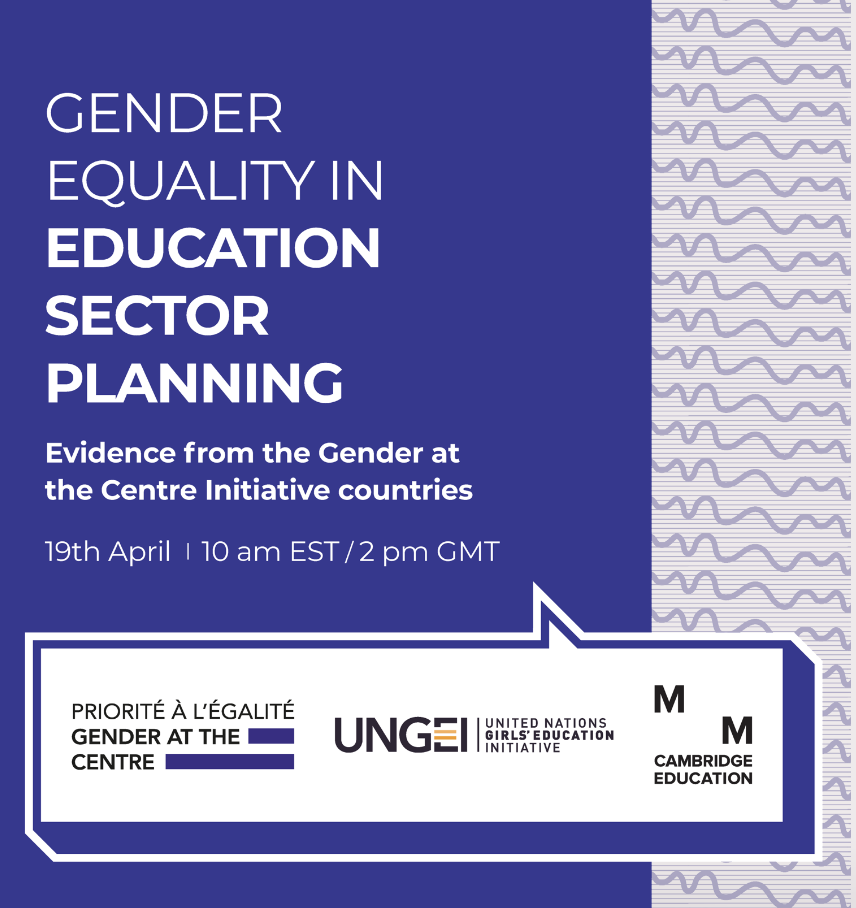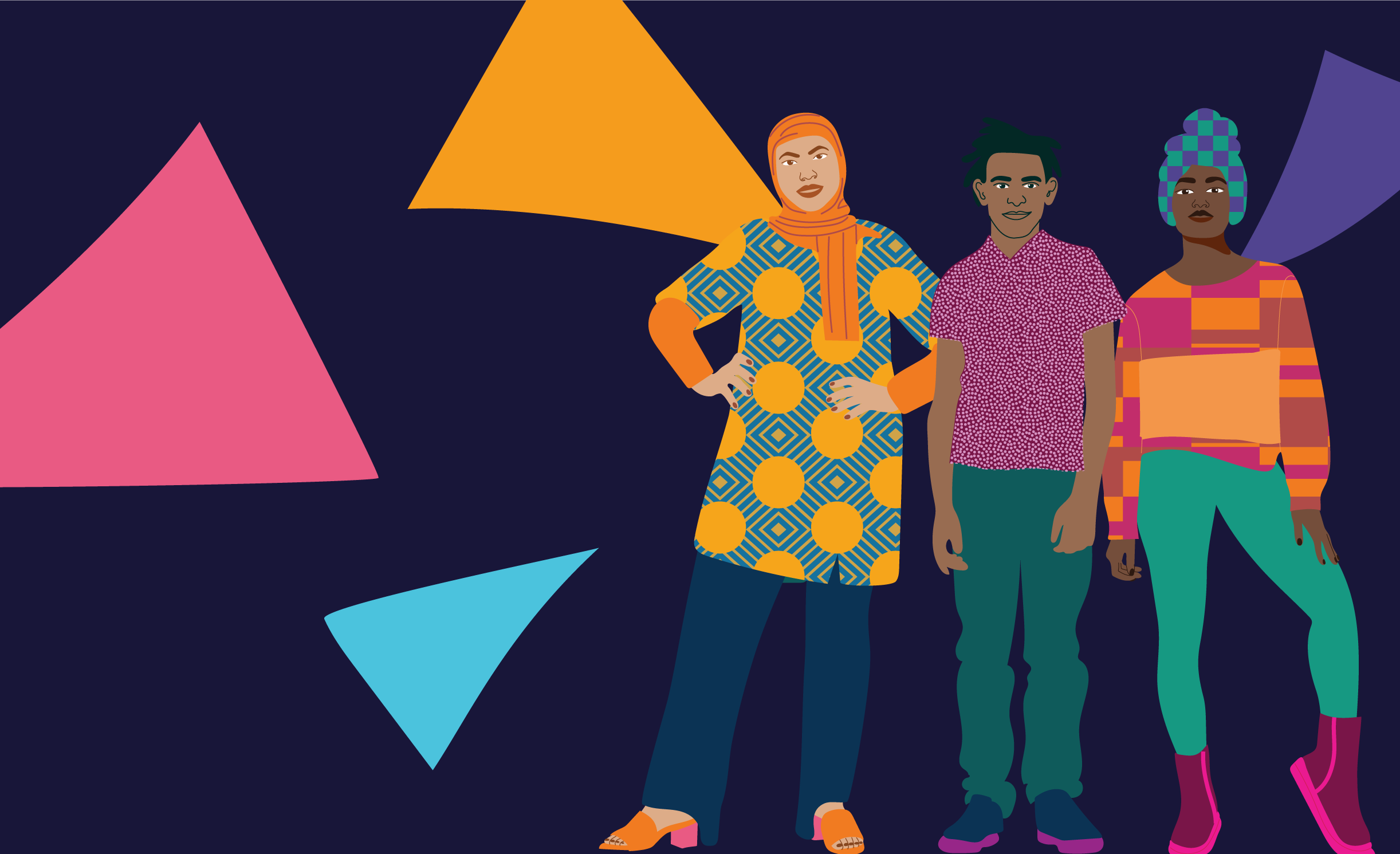UNGEI organized a training from 6th- 10th June in Ponta de Ouro, Mozambique, on School-Related Gender-Based Violence (SRGBV) for education planners from the Ministry of Education and Human Development (MINEDH) under the framework of the Gender at the Centre Initiative (GCI). 40 technical experts from planning and gender units at national and district levels participated in the training. Highlighting the need for the training, Ms. Judite Alfredo Sambo, Head of the Gender Department at MINEDH, shared that “despite efforts by the government and its partners, we still have challenges such as violence, harassment, early unions, early pregnancies, and sexual abuse in some schools.”
The training consisted of eleven sessions, beginning with the basics of gender, to Safe Schools and Transforming harmful gender norms, and ending with SRGBV in education sector planning. The training objectives ranged from building awareness of the fundamentals of harmful gender norms and stereotypes; recognizing different types of violence, including GBV; the causes and impacts of GBV at school and the school’s responsibility in addressing GBV; analyzing gender-sensitive pedagogical practices aimed at building life skills and their implementation; the availability of multi-sectoral policies and procedures for prevention, reporting, referral, and response to Violence Against Children in Schools and reflecting on opportunities to publicize and disseminate them; and finally, designing data collection tools and indicators to track the progress of GBV programs.
With this training on SRGBV, we have also discussed the existing link between cultural issues and harmful gender norms. I realised that sometimes GBV is practised unconsciously, due to cultural beliefs. I was also able to learn positive strategies that can be used in my institution, in my daily life, and in pedagogical practices to deal with GBV.Edna Umbelina Langa Saúde, Gender Coordinator, Provincial Education Directorate (Maputo), Ministry of Education and Human Development.

During the five-day training, participants engaged in productive discussions and experience-sharing on SRGBV. They also deliberated on strengthening partnerships in the fight against SRGBV. Movimento de Educação Para Todos (MEPT), a coalition and GCI’s CSO partner in Mozambique and part of ANCEFA, was invited to share their experiences working with various partners to advocate for establishing safe and healthy school environments in Mozambique. Foundation for Child Development (FDC), another CSO based in Mozambique, presented a community-based approach to promoting a safe environment for promoting human rights and sexual and reproductive health rights (SRHR) for girls.
During this training, I learned better ways to teach lessons on gender issues, creating a safe and tolerant school that build an enabling environment for both boys and girls, and developing a gender-sensitive plan considering the child's best interestLevingston Zunguza, Head of the Gender Division Institution, Provincial Education directorate (Zambézia), Ministry of Education and Human Development.

UNGEI’s project manager Simon Ziba presented on GCI and the importance of partnership in our interventions. Margherita Boccalatte, Gender Responsive Education Policy Analyst at IIEP-UNESCO, co-lead of GCI, introduced participants to integrating SRGBV prevention and response mechanisms in education sector analysis and planning. Further, GCI supported the printing and distribution of 200 copies of the national SRGBV mechanism brochure.


